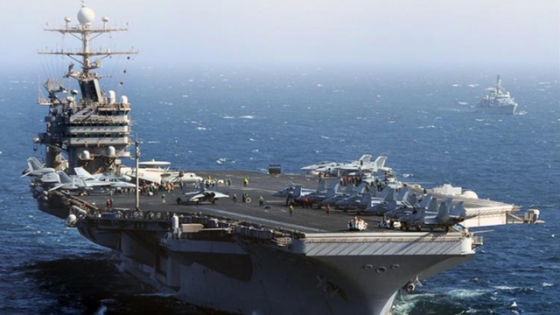
(Jerusalem, Israel) — Do the mullahs and ayatollahs in Iran want a war with the U.S.?
Or do they believe the current American President is likely to follow the way of most presidents for the last several decades and back down in the face of Iranian aggression?
I wish the mounting tensions were nothing more than the fiction of my latest thriller, The Persian Gamble. But the situation in real-life is actually becoming very serious.
Consider the latest Iranian moves, and U.S. counter-moves.
In response, the U.S. is ratcheting up the pressure on Iran:
Some commentators have been sharply critical of President Trump for not launching military strikes on Iran in recent days. I see it differently. As ITweeted over the weekend, “I have not problem with President Trump showing some restraint. No one can say this President isn’t being tough on Iran. The key is for Trump and his national security team to continue ratchet up the pressure on Iran and run their strategy on their own timetable, not Iran’s.”
In a follow-up Tweet, I noted, “The President and his national security team are doing a good job bringing maximum pressure on the ayatollahs of Iran and bringing U.S. allies along step-by-step. If your overall policy is right, it’s not weakness to show patience and not be trigger happy.”
The current White House goal: persuade the Iranian regime to give up its nuclear program, its long-range missile program, and its support for terrorism in the Middle East and around the world. And persuading European allies to join the U.S. in scrapping the nuclear deal and imposing crippling economic sanctions on Iran.
Ultimately, the goal should be to remove the tyrannical regime from power and replace it will moderates. Hopefully, economic pressure and diplomacy will suffice. But the U.S. and our allies must be ready for military action if necessary.
Let’s pray it is not necessary.
—————————-
____________________
——————————